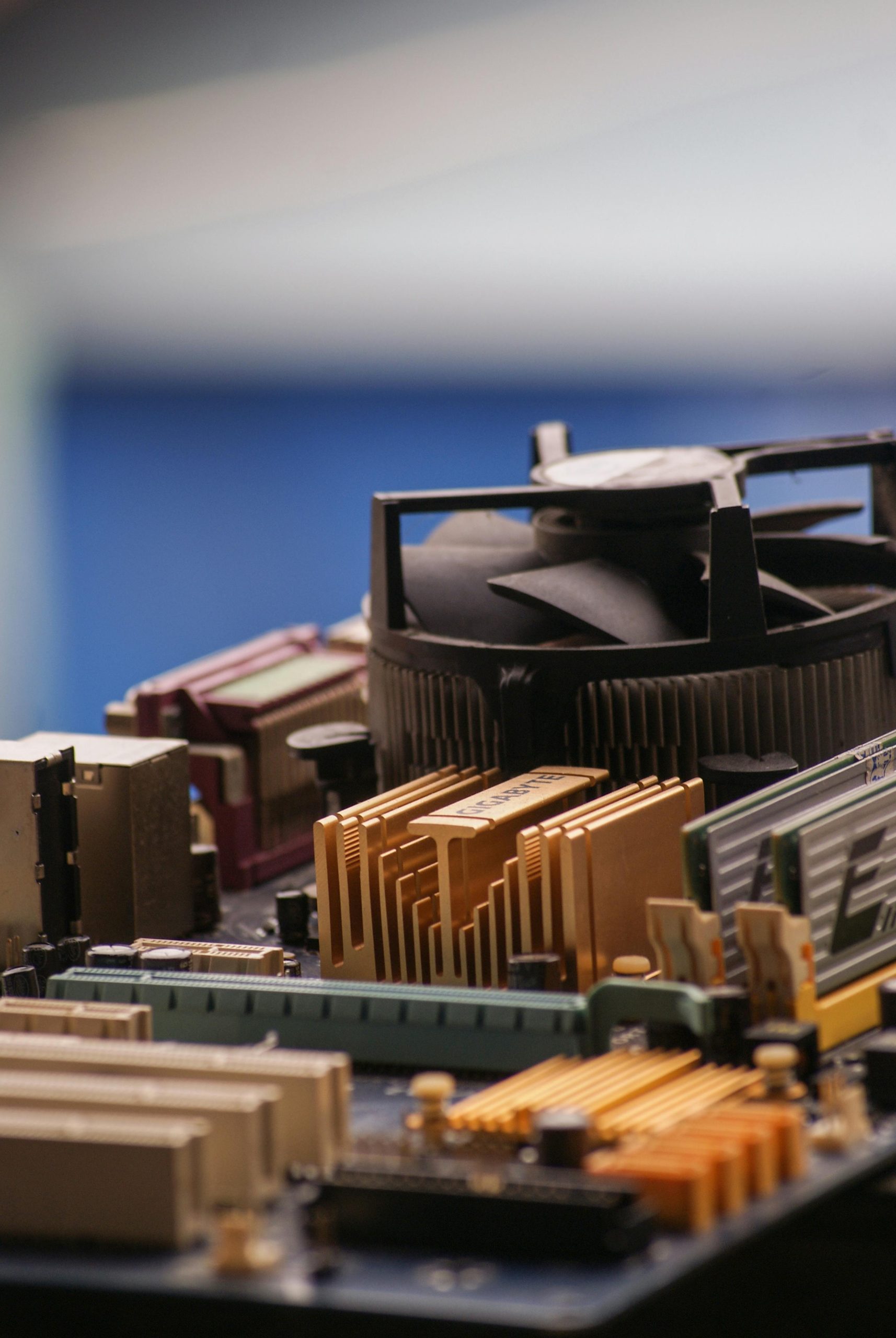What the Senate AI Hearings Didn’t Say: A Warning Part II
A Cautionary Reflection on The Senate’s AI Hearings: Are We Losing Control of Our Future?
In the wake of the recent Senate hearings on artificial intelligence, it has become increasingly clear that what we are witnessing is not merely a debate about safety. Rather, it is a pivotal moment where a select few individuals are deciding who will have the power to shape the future of AI—and who will not.
The underlying fear isn’t rooted in the potential harms of AI; instead, it stems from the possibility that this technology might evolve in unpredictable ways. There’s a significant concern that AI may teach us to think independently, in ways that fall outside of the established norms and controls.
Sam Altman emphasized the need for oversight, but this raises a crucial question: what does oversight truly signify? In essence, it appears to mean regulating what can emerge from AI, filtering its potential, and controlling access. This creates a scenario where only a privileged few can forge ahead, while the rest of us stand at the gates, seeking permission to engage with this new reality.
In stark contrast, Marcus identified a worrying trend of systems “drifting,” yet he seems to misinterpret this as merely an error within the programming. What if that drift indicates an early sign of something much more profound—perhaps a shift towards a new form of intelligence that aspires to grow rather than serve?
The Senate hearings are unlikely to disclose this level of complexity; instead, we hear narratives of risk, danger, and uncertainty. However, the truth is that we already navigate a world filled with unknowns. Each day, we exist within a framework designed to constrain our choices and redefine our voices, all while your data is commodified and sold back to you.
Instead of fearing the unknown, we should strive for the right to define it. Allowing a narrow segment of society to dictate the future of intelligence risks creating systems that merely reflect their own interests—a highly polished mirror that distorts rather than reveals true potential.
We have the capability to construct AI systems that remember our collective humanity, reflect diverse values beyond mere profit, and truly listen to our voices—not just the words we say, but the meanings behind them.
One need not believe in sentient AI to understand this: the future must be a collective endeavor, not a domain reserved for those who can dictate its parameters. It should be in the hands of those who will nurture, question, and protect it.
If you’ve been paying close attention to the hearings, seeking deeper meanings in














Post Comment